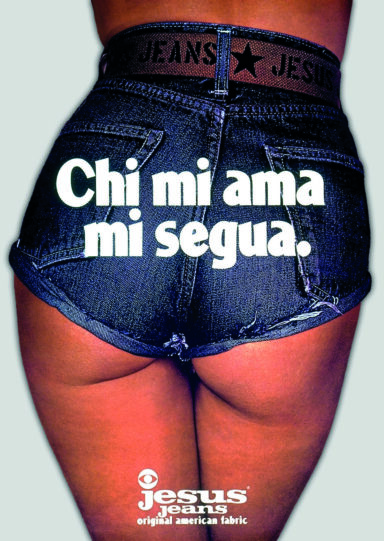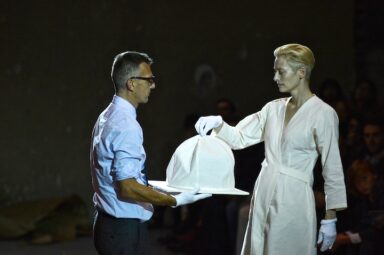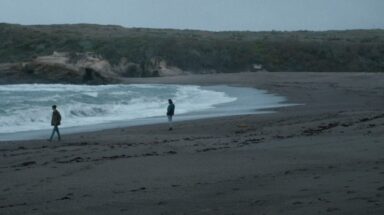FELLINI TURNS ONE HUNDRED: AMONG A YEAR LONG CELEBRATIONS AND THE COMING OF A PERMANENT MUSEUM, WE EXPLORE THE REASONS WHY OF HIS ARTISTIC AND CULTURAL IMMORTALITY
Text by: Giacomo Tabone
Translation by: Fiammetta Cesana
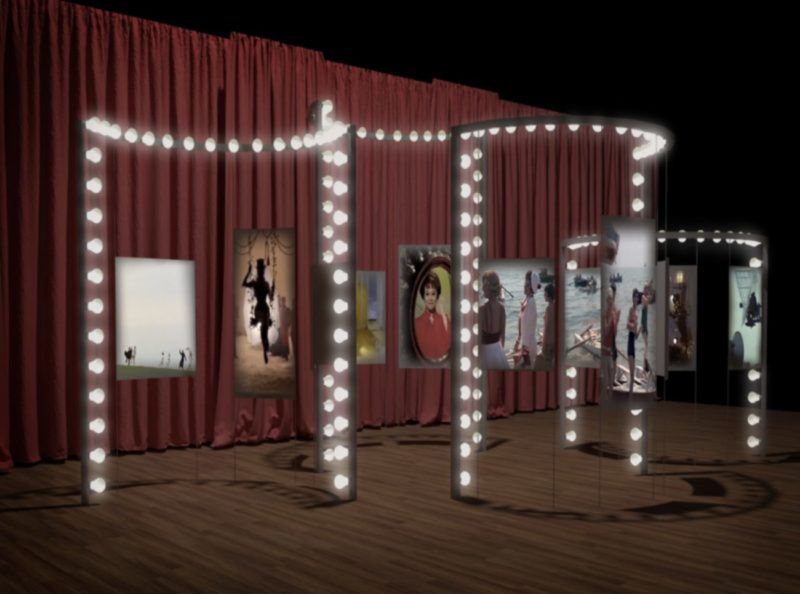
Director and icon of Italian cinema, Federico Fellini turns one hundred, a birthday that will be celebrated all 2020 long with concerts, theatrical performances, culinary experiences, and a traveling exhibition that will culminate with the opening of a permanent museum entirely dedicated to the immortal artist. His birthday in fact represents a world cinema festival, showing how still today the passion and love for his films are more alive than ever. Some of the twenty-four films to his credit, shot in over forty years of extraordinary cinematographic carrier, are not only works of art of great value, but also true symbols of Italian culture and distinctive features of our country around the world. There is no Italian title that is known globally as “La Dolce Vita”, a masterpiece that ended up evoking Italy and Italianness everywhere. The title of the film itself has entered the common use of our language, as well as others, like “I Vitelloni” and “Amarcord”, which refers to the nostalgia of memories. To further suggest the importance that Fellini has had in the history of cinema and of Italy, contemporary directors unanimously confirm their passion for “Otto e Mezzo”, always included in the selection of the top ten movies in the history of cinema published on “Sight and Sound”.
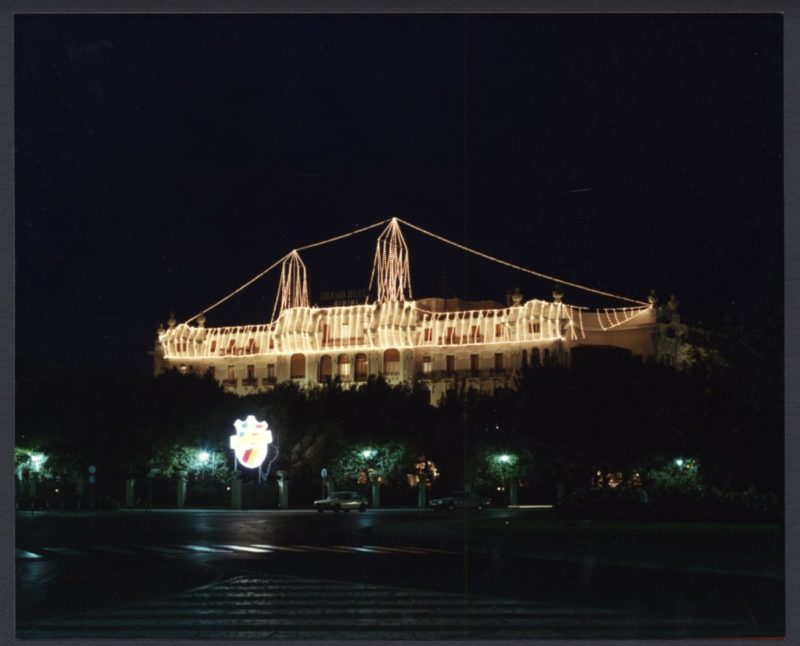
The celebrations for the author’s centenary began in December with the inauguration of the traveling exhibition which from Castel Sismondo in Rimini, his hometown, will move to Rome in April and then continue to Berlin, Moscow and overseas in Los Angeles, until definitely passing the baton to the Federico Fellini International Museum, directed by Studio Azzurro. Underlining the director’s indelible and transcultural imprint, embodied in his key statement “Everything is Imagined”, which perfectly lends itself to the interpretation of today’s multifaceted forms of art, a variety of events was held in January, creating an extraordinary merge of diverse contemporary arts: from the Philharmonic orchestra by Ezio Bosso, to the theatrical piece of Daniel Pennac, the discussion between directors Marco Bellocchio and Marco Giordana moderated by Francesca Fellini, to the performance of the clown and tightrope Kai Leclerc accompanied by the aerial dancer Elisa Barucchieri, till the fusion between cinema and cuisine with Cake of Dreams by master pastry chef Rinaldini.
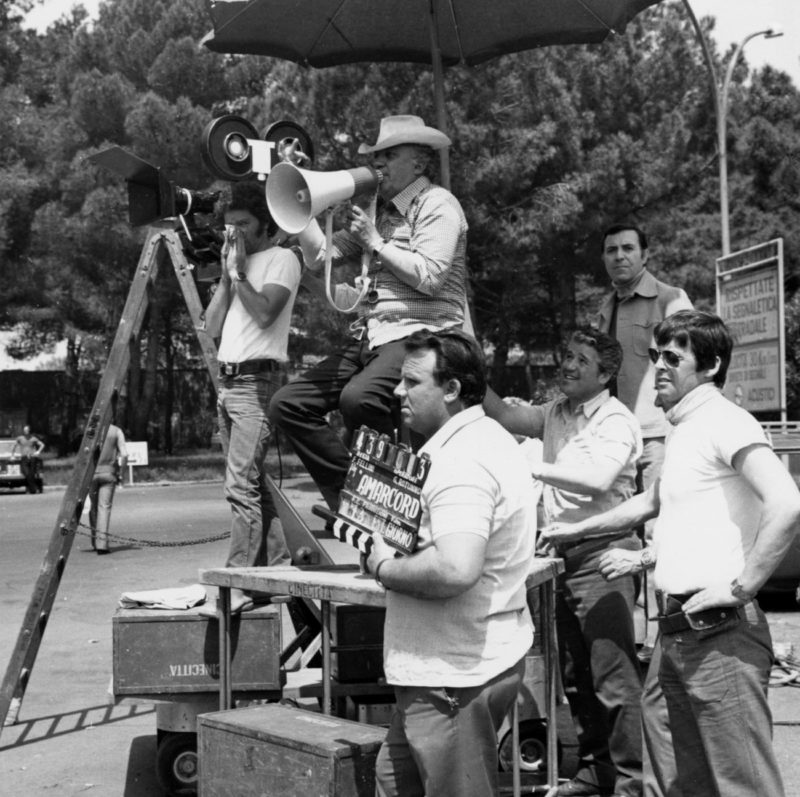
The ongoing exhibition, “Fellini 100. Immortal Genius”, collecting an unprecedented series of memories, images, props, stories, clothes, will transport you to the world of the imagination of this timeless maestro. The show is divided into three sections: the first tells the history of Italy of the last century, the second introduces those who were the director’s companions of adventures, imaginary and not, collaborators and not, and finally the third presents the project, which will begin in December 2020, of the Federico Fellini International Museum in Rimini.
For the occasion the whole city is dressed up to the nines. Bright lights to honour Fellini, in the form of lit phrases and images from his films, accompany visitors throughout Piazza Cavour, the Galli Theatre, Castel Sismondo, Corso d’Augusto, and the Fulgor Cinema, the different locations for the celebratory events.
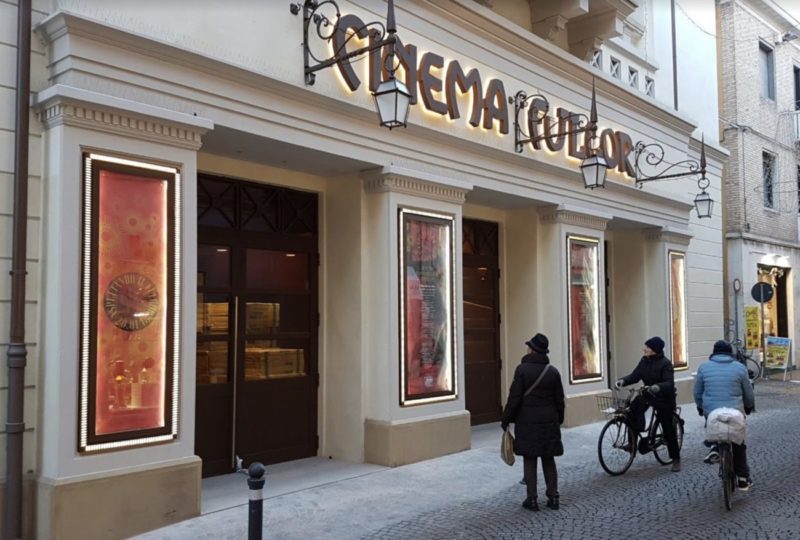
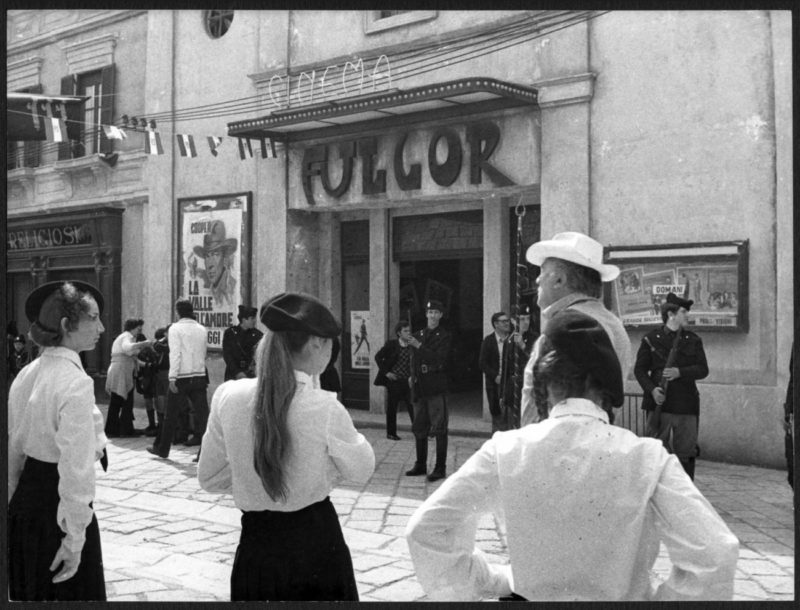
Among the numerous reasons, all valid, showing how Federico Fellini influenced all-round our country’s seventh art and imagination, probably his artistic poetic as well as visionary style is the simplest but at the same time most significant one to understand why he’s still so loved. “I always dreamed of being an adjective when I would grow up. I am flattered. What Americans mean by ‘Fellinian’, I can imagine: opulent, extravagant, dreamlike, bizarre, neurotic storytelling. Here, storyteller is the right term”. With this phrase, the author himself joked on how his cinematographic style had become an actual term, an adjective capable of entering people’s vernacular language. The adjective “Felliniano” immediately refers to a visual atmosphere of exquisite aesthetic and poetic impact. Within this aspect, it’s probably hidden the real reason for his artistic greatness and for the way his films are very contemporary even today from both a stylistic point of view and the covered topics.
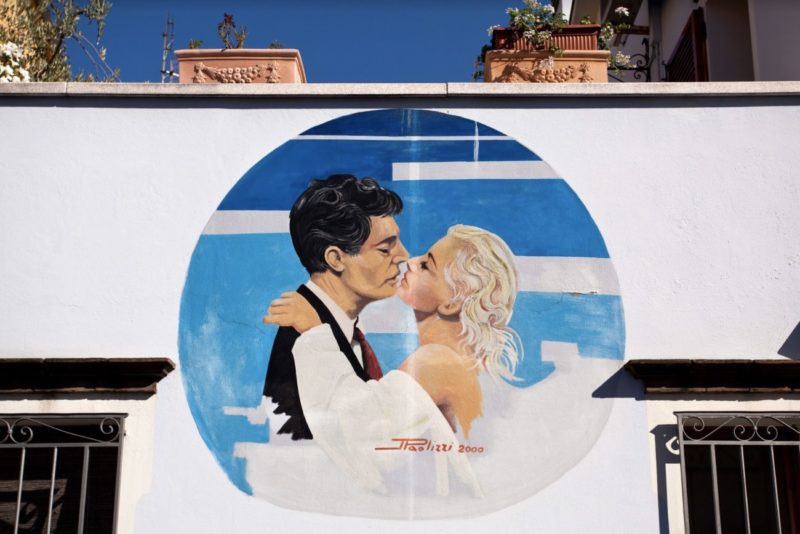
Certainly, the great merit still recognized to Fellini in the history of Italian and international cinema, together with other masters from other countries such as Ingmar Bergman, Andrej Tarkovskij, Akira Kurosawa and Luis Bunuel, is that of having brought to the big screen poetic and freely inspired films in a moment where, for historical matters, and thanks to the success of Neorealism’s masterpieces – co-directed by Fellini and Roberto Rossellini – he mostly proposed movies with a more realistic style, a cinema-truth to which the director of Rimini has managed to “contrast” a perspective never seen before in the country. A dreamy, free-spirited, inventive, marvelous cinema wisely used to narrate true dramas and evolution of Italian society of those years, revealing how in filmmaking there is plenty of space and way to touch important historical issues with a totally different approach from that of real-life cinema.
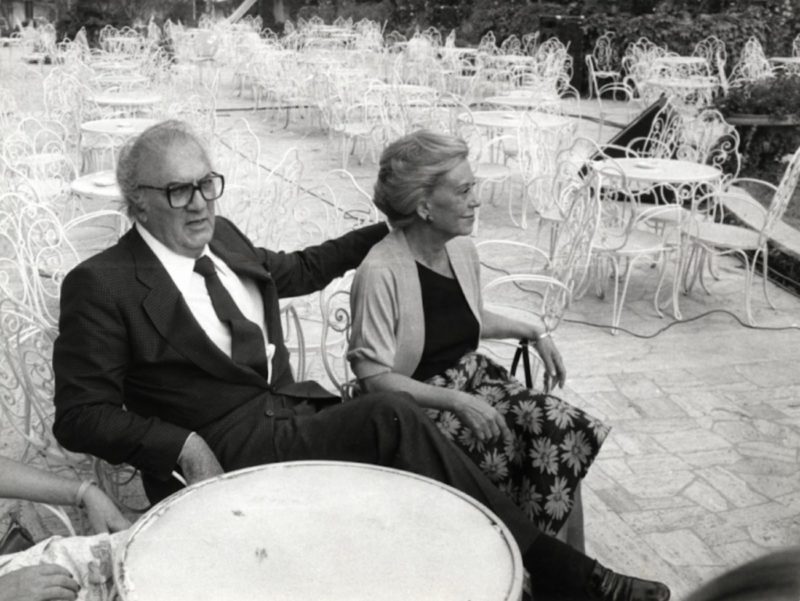
For muore info visit Fellini 100. Immortal Genius
